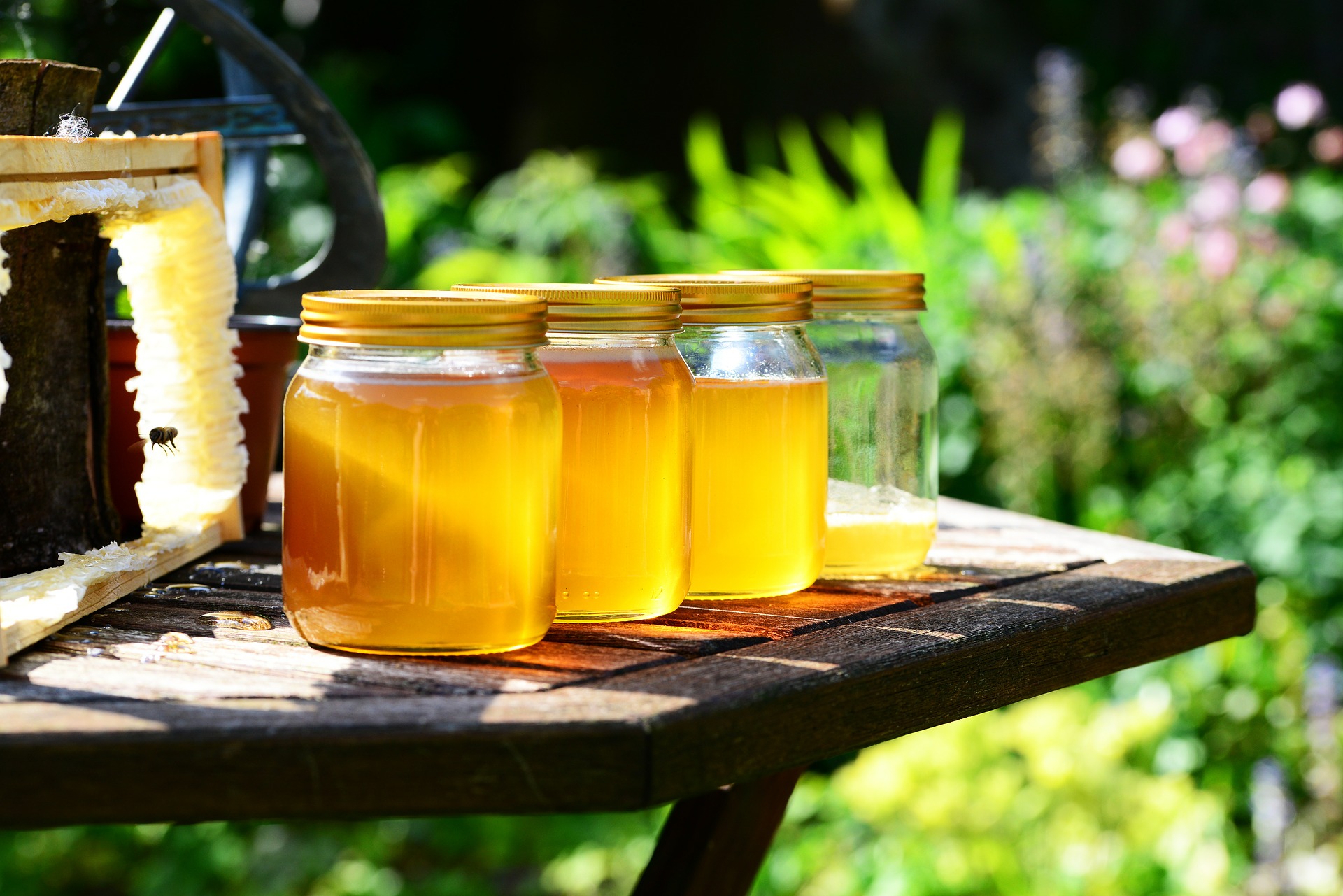


The humble bee is one of the world's most amazing creatures. Despite its tiny size, the bee has one of the most significant and essential roles in our ecosystems. Around seventy different types of crops in the UK alone, such as fruits, berries, and nuts, depend on bee pollination for survival.
It's estimated that bees alone provide crop pollination services worth more than $3,250 per hectare per year. If wild bees were to disappear, it would cost UK farmers £1.8 billion a year to manually pollinate their crops.
Over the past fifteen years, bee colonies have been disappearing. Honey bees worldwide have started to leave their hives and never return in what researchers call Colony Collapse Disorder. Sadly, some regions have seen 90% of their bee populations disappear. For example, 17 species have gone extinct in East Anglia alone. Changes in land use, pesticides, climate change and habitat loss, are just a few reasons for the decline in bee numbers
Bees once used to be responsible for 70% of the UK's pollination. Yet sadly, a recent study found that they are now only capable of supplying 34% of the world's pollination needs.
Without bees, humans are in trouble.
One in every three mouthfuls of our food depends on bees, and we rely on them more than we think we do. From farm to table, bees are critical to human survival. Our colourful and varied diets are enormously due to them and their hard work.
Honey, their creation, is used in lots of traditional medicine as it's known for its healing properties. Their wax has been used for fuel and candles. In a 2020 study, scientists found evidence that melittin, a component in honeybee venom, could kill cancer cells.
We must stop taking bees for granted.
Luckily for us, helping them and protecting them is relatively easy and is something we can all get involved with.

Fill your garden with a vast range of colourful bee-friendly plants. Spend a few winter days planting nectar-rich flowers so that by the time spring comes, your garden is a utopia for bees. Flowers such as primrose, buddleia, and marigolds are fan-favourites for bees, alongside forget-me-nots, crocuses and foxgloves.
Bees can see purple more vividly than any other, so some of their favourite flowers include lavender, catmint and alliums.
Use fallen twigs, leaves, bamboo and string to make an 'insect hotel.' These can be hung in a sheltered area or in a hedgerow, giving them much-needed shelter and safety. Friends of The Earth provides an excellent resource for building bee-friendly shelters using household items.
At any supermarket, you will see shelves full of different types of honey from various brands and countries. While honey is a great food choice, bee welfare is regularly forgotten when it comes to this healthy sugar alternative.
According to the Ethical Consumer, the regular removal of honey from hives is contributing to declining honey bee populations. Often, 'organic honey' still fails to put the care of bees before human demand.
The 'Balanced Bee-Keeping' movements are helping to promote a bee-centred approach to hive management, which means honey is only taken when appropriate and plentiful.
This downloadable guide from the Ethical Consumer rates all honey brands based on sustainability, bee welfare, pesticides and much more. Equal Exchange Organic Fairtrade Honey and Tropical Forest's Fairtrade and Organic Honey came out on top with sixteen and seventeen out of twenty. At the same time, Waitrose, Morrisons, Asda and Coop's own brands failed to score above five.

One of the main factors bees are declining is the increased use of chemicals and pesticides. Bees are sensitive souls, and synthetic pesticides, fertilizers, herbicides, and neonicotinoids are deadly to them.
Instead of treating your gardens with synthetics, use organic solutions such as compost and introduce beneficial insects like ladybirds to your garden.
Bees are not looking for perfection. In fact, a bit of mess is heaven for bees. Let your grass grow as it provides shelter and more places for them to feed. When you decide to mow your lawn, raise the blade slightly to ensure any sheltering bees by the soil are not hurt.
If you don't have grass or need to keep it trimmed, a small woodpile in the corner would provide bees with a healthy home. Even a tiny heap of fallen branches and twigs will give enough shelter to a colony of bees.
Be a voice for bees. Educate your friends and family on what they can do to help you on your mission. Encourage your local councils to join the Bee Friendly Trust projects and plant wildflower planters at local train stations.
You can also stand up for bees by making your own environmental impact and protecting vital ecosystems for bees. We are dedicated to combating deforestation in partnership with the Eden Reforestation Project. You can plant your own trees with Eden by joining our community with your own personal Greenspark Dashboard.
